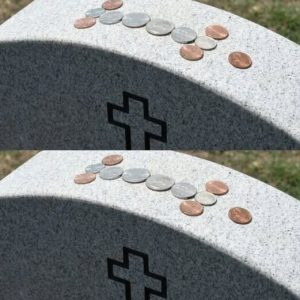When a husband, Caleb, learns through a DNA test that he is not the biological father of their son Lucas, the revelation shatters the family’s foundation. Though confident in her fidelity, Lucas’s mother also submits to testing—and is stunned to discover she, too, is not his biological mother. After raising Lucas lovingly for four years, they learn the child had been switched at birth, revealing that neither parent is biologically related to the child they thought was theirs.
Caleb and his wife had shared fifteen years together, including eight years of marriage built on trust and devotion. Over time, Caleb’s mother, Helen, had voiced suspicions about Lucas’s resemblance to the family lineage. Her doubts drove Caleb to request a paternity test—only to receive a 0 % match. That forced his wife to seek her own results, which yielded the same shocking outcome.
They approached the hospital where Lucas had been born. Through an internal investigation, hospital records confirmed a mix‑up: their biological son, Evan, had been raised by another family (Rachel and Thomas), while Lucas belonged to them emotionally, though not by blood. In meeting the other family, they found that Lucas and Evan immediately connected. Despite the profound upheaval, both families committed to unity, healing, and a redefinition of their relationships.
Rather than viewing the situation as betrayal or loss, Caleb and his wife chose to treat Lucas as the son he always had been—cherished, parental love intact—and welcomed Evan into their lives. They insisted that family is not defined by DNA, but by love, devotion, and enduring commitment.
This life‑altering experience taught them that identity and belonging transcend genetics. The story underscores the power of resilience, the importance of intentional relationships, and how the bonds formed in daily love often outweigh biological ties. It remains a powerful testament that family is chosen, nurtured, and upheld through trials—not merely inherited by blood.




